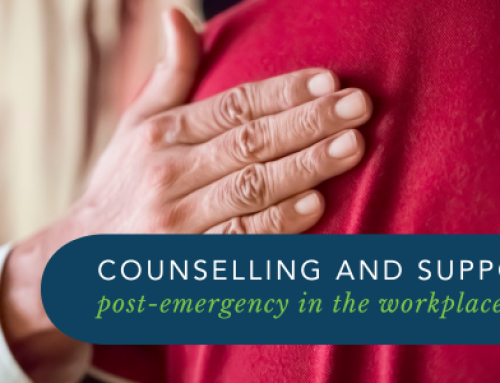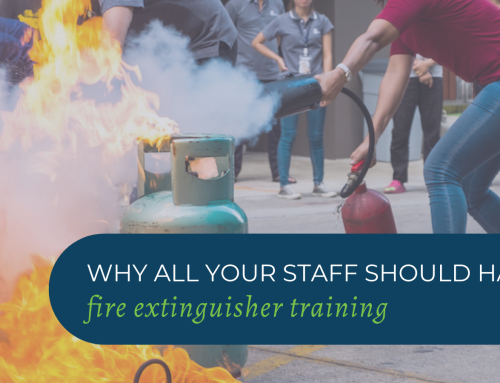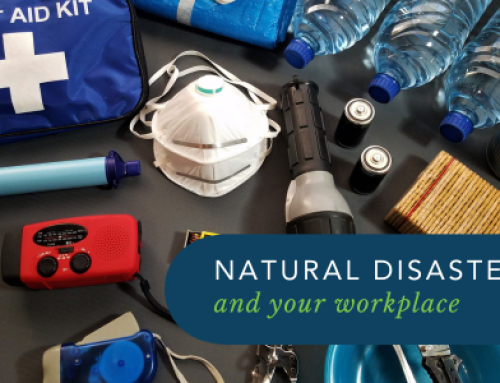Emergency Fatigue: Explained
While many emergency situations are transient, we live in a country where natural emergencies are common. Yet again the Sydney basin has been recently under flood conditions as homes and businesses are under water for the second time since March. Again, we see the same places underwater, a heartbreaking event for many communities, some still recovering from the last flood.
These floods appear to be very similar to the last floods in many ways, so reports of people ignoring warning and advice is troubling news for the emergency services community. If we apply what we know about alarm fatigue to the community in general, it’s possible to think that a percentage will have built up an immunity or unwillingness to participate in emergency situations.
In geographically contained emergencies, this effect is minimised but in larger locality, area or district scale emergencies this means more people are involved, and the likelihood of coming across these effects increases as the number of people involved increases.
Flooding is one scenario and just seasonally around the corner is the bushfire threat, so the conditions are there for repeat emergency situations to occur. Ignoring advice, either returning to a location after evacuation before it’s safe or electing not to evacuate are just some examples of scenarios that workplace wardens may face when an emergency happens.
The tendency to ignore surroundings and situations, slower reaction times and a lower ability to adapt to changing circumstances are characteristics people may display as a result of being faced with a previously experienced emergency situation.
A familiarity with the situation may lead people to trust their own decisions or capabilities rather than listening to a warden or Emergency Services worker. People doing their own thing, deviating from the plan, is a not a good idea during an emergency as the emergency management framework is about assisting people who follow the plan.
People returning to homes and businesses after evacuation before the flood had passed or ignoring the evacuation warning completely are some behaviors that have been observed during recent floods. And there are always some who will try to drive through floodwaters.
What does this mean for Wardens?
Having prepared a method to deal with people who are unwilling to participate in an evacuation is a worthwhile preparedness strategy. Communicating the circumstances of the danger is an obvious first step, but what if there is still no willingness to participate? If directing people to leave, and explaining why, is not enough to get them involved in an evacuation, care must be taken to minimise risk to yourself.
Maintaining a good situational awareness while involved in this type of activity is crucial. Record the person’s location and continue with the evacuation of the larger group and inform Emergency Services of the person’s location and anything else which may have been gleaned from your communication with them.
In the scenario where an individual decides to deviate from the Evacuation route and go elsewhere is another possibility and again there could be many reasons behind someone choosing that way forward.
Delaying the evacuation of the rest of the group to deal with an individual is a situation to be minimized as much as possible and the first action should be to communicate the appropriate evacuation route and the dangers of deviating from that.
If communication of the preferred route and situation requiring an evacuation have no effect of someone planning to deviate from the evacuation route then wardens must focus on the group and note last location the individual was observed for Emergency Services.
While it is helpful being able to recognise behaviors that indicate Emergency Fatigue in others, it is also important to be able to read the warning signs in ourselves. Being involved in repeated emergency scenarios can lead to increased anxiety, depression and a sense of hopelessness.
Ignoring something you should be responding to, not wanting to respond or isolating yourself are indications you may be emergency fatigued. Anxiety management and local support from family, friends or professionals is a pathway to managing the effects of multiple emergency exposures, and we may find in the future that the avoidance of hyper sensationalised news coverage (Doom scrolling) is also beneficial to your wellbeing.
GET IN TOUCH
Are you ready for peace of mind that your workforce is as safe and prepared as possible?
With a dedicated team of staff ready to help you meet compliance requirements and improve the overall safety of your workplace, all you need to do is get in touch.
Request your free audit today!



